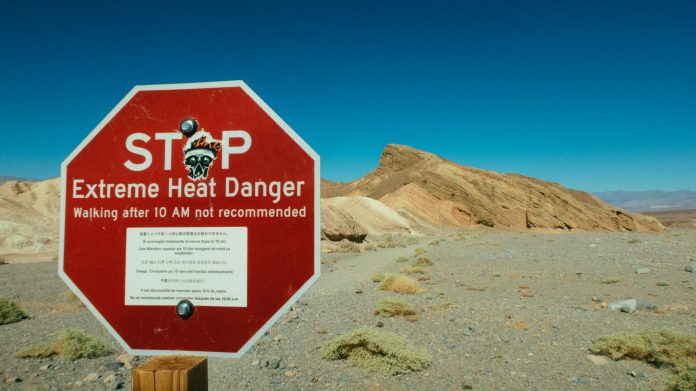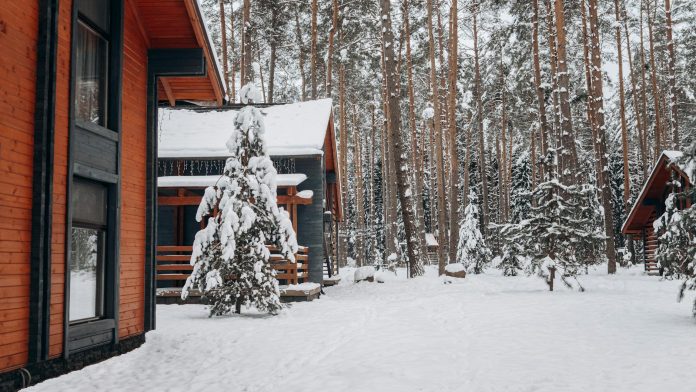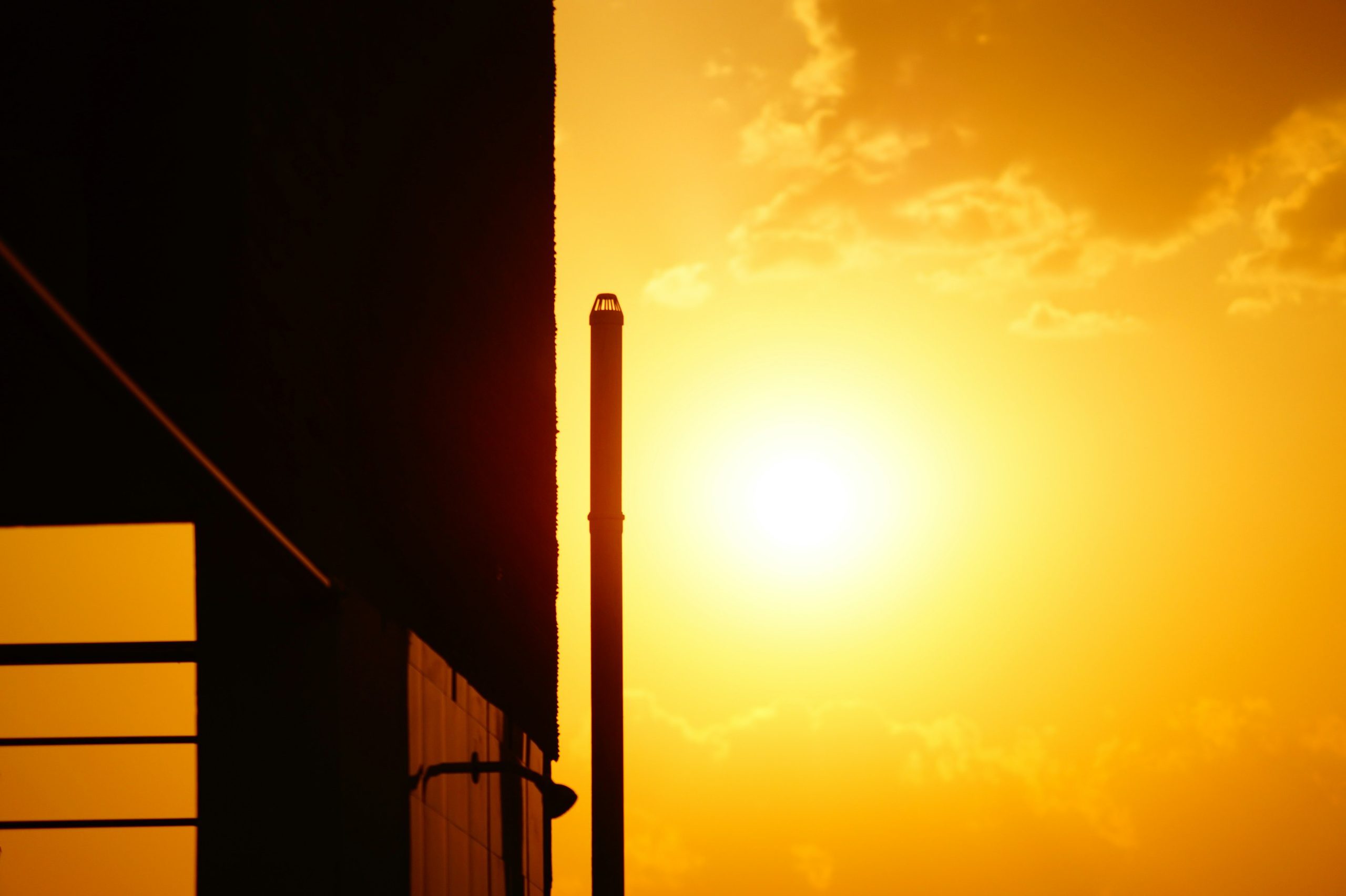Have you ever wondered why your energy bill soars during the cold season? You’ve done all you can to ensure a more sustainable winter — utilized the fireplace or layered up — yet your bill stays high. Don’t give up yet. You just need to optimize energy usage in your home these coming months.
Why Should You Prepare Before Winter Starts?
Planning ahead of the cold season is the first step in optimizing energy usage. There
are many reasons you should prepare your home before the harsh temperatures hit:
- Beat the bottleneck: Many people don’t realize their heating system is flawed until the winter. By preparing ahead, you beat the rush to find someone to fix it and sometimes pay an exorbitant emergency rate.
- Save money: Heating systems work twice as hard during harsh weather, especially if your house has unseen leaks. Checking the condition of your home before winter and prioritizing regular servicing of heating systems could reduce your bills.
- Have peace of mind: Knowing your house is ready for the cold season will comfort you, and you won’t have to worry about repairs when you need the house warm and cozy.
How to Optimize Energy Usage for Winter
Ensuring your home is energy-efficient during the cold months is vital. Here are some tips.
Invest in Quality Windows

Energy-efficient windows allow sunlight to enter your house during the day and prevent heat from leaking out at night. However, 30% of a home’s heating energy is dissipated through windows, which could be rectified by installing more efficient ones.
If your window leaks or isn’t designed for cold weather, you’ll rely on your thermostat, making your energy bill skyrocket every winter. A good winter window should have heat-retaining materials like fiberglass for the frame, double or triple-pane glass, and a good energy performance rating.
Use Appliances Efficiently
People spend most of their time indoors during winter, which causes continuous use of electrical appliances and drops the optimization of your energy usage. Remember to switch them off and unplug them if they’re not in use. Look for the energy-saving mode on laptops, tablets or phones.
Do your laundry with cold water, and consider washing full loads once every few days. Get some coffee grounds and make your coffee on the stove instead of using the coffee maker. As you enter a holiday baking frenzy, leave the oven door open after you’re done to let the oven heat the room.
You could also use smart plugs for small appliances to ensure they’re turned off. When any of your appliances need to be replaced throughout the year, switch to an energy-saving one.
Clean Filters Regularly
Your home’s HVAC system needs monthly check-ins to properly optimize energy usage. An updated system — especially before winter hits — can save money and guarantee an efficient run.
Inspect the filters regularly and change them when they’re dirty. A clean filter prevents dirt and dust buildup and repair.
Optimize Your Thermostat Settings

Did you know lowering the thermostat can save you 10% on your bills yearly? Reduce it by 10 degrees Fahrenheit when you’re out. If you have pets, ensure the temperature is comfortable for them.
You could also consider a smart thermostat to adjust the temperature automatically. It can read your daily habits and create a schedule to maximize energy saving.
Use Energy-Saving Holiday Lighting

What’s the holiday season without the lights and decorations? Going energy-efficient doesn’t mean you must give up the light show. You could switch to LED lights, which use 75% less energy and last up to 25 times longer than usual.
Use a programmable timer for your lights, which reduces the hours the lights are switched on. To maximize the lighting effect, use mirrors and reflective ornamental tinsels for your decorations.
Prepare Ahead of Time for a Memorable Season
Optimizing energy usage during the winter while staying warm is an intelligent way to reduce hefty bills. While these tips are helpful when facing chilly weather, it is essential to regularly audit your windows, doors and heating system and replace them whenever necessary to ensure a well-prepared winter.










